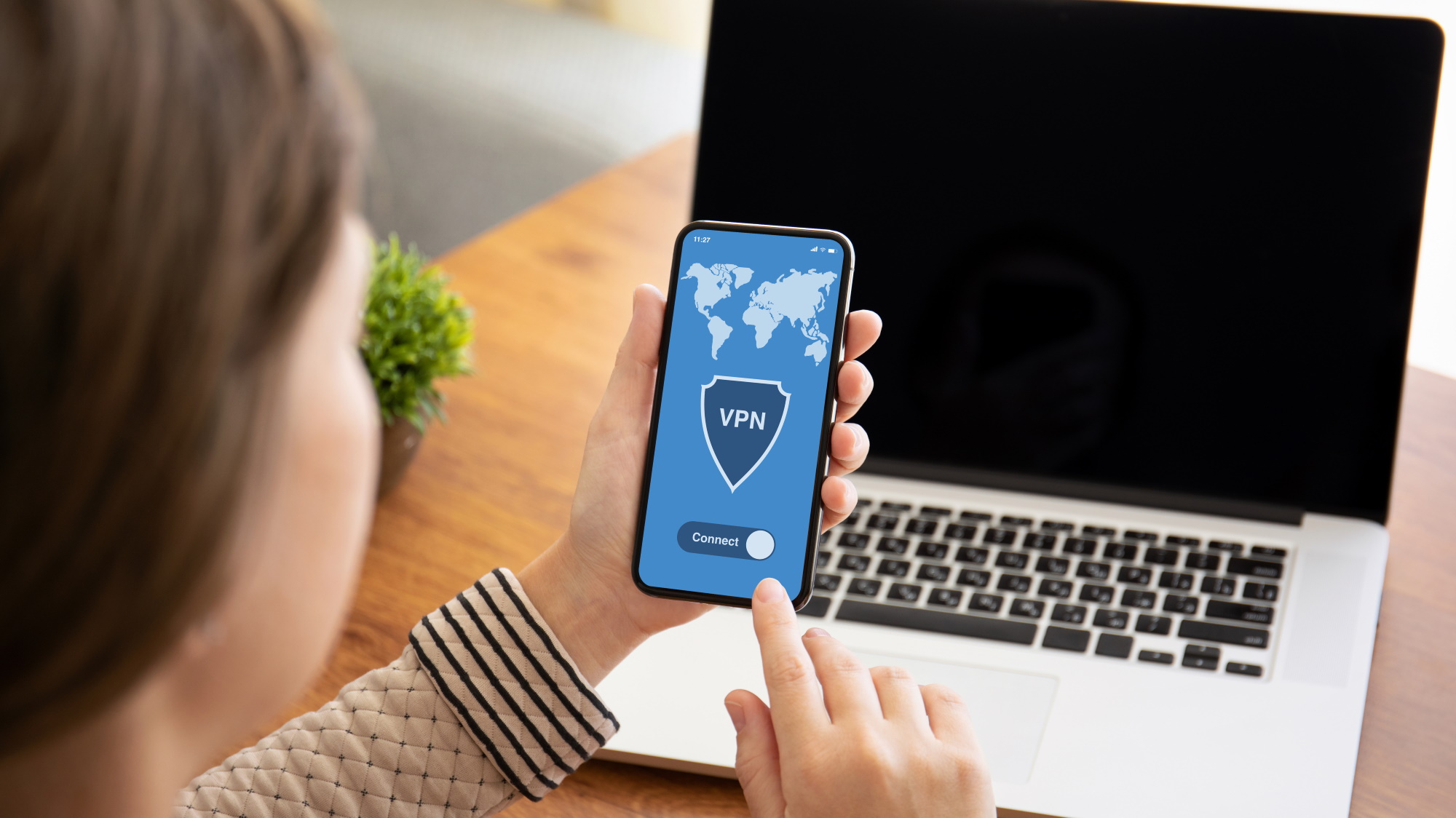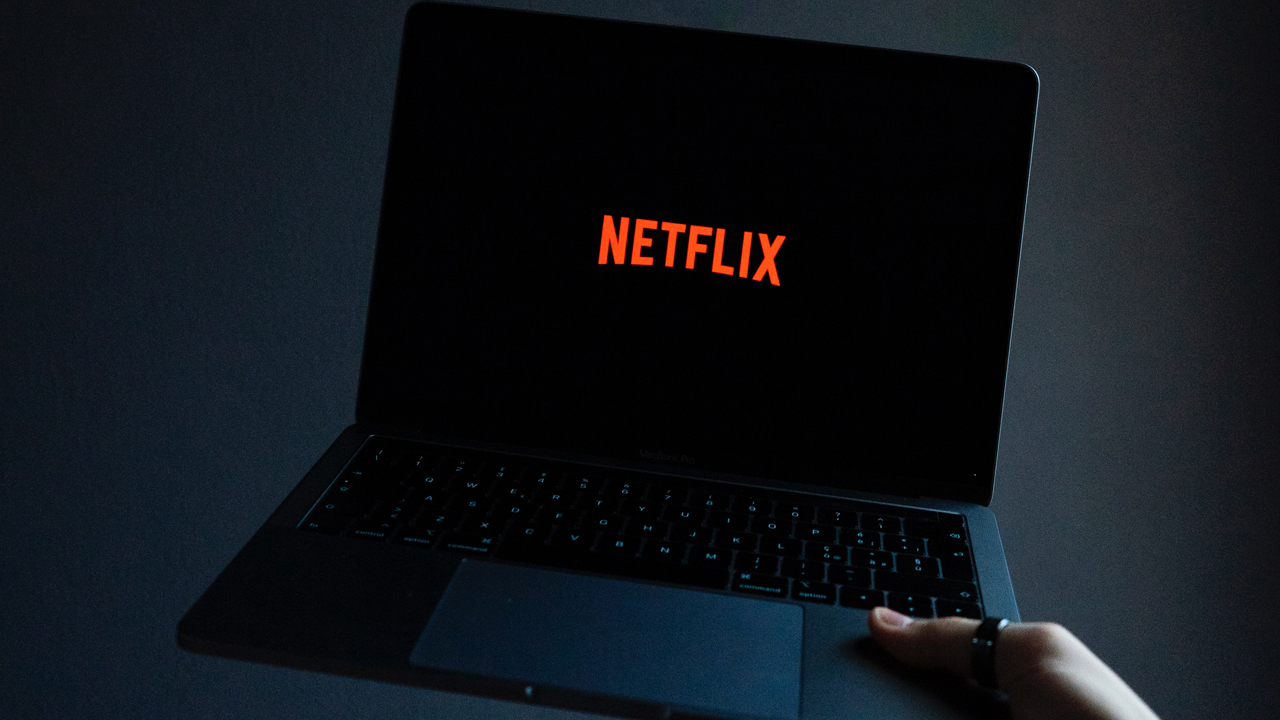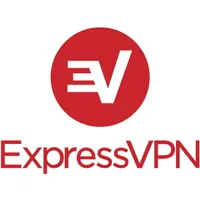What can free VPNs be used for?
While they can't do everything, free services can be pretty useful

Here at Tom’s Guide our expert editors are committed to bringing you the best news, reviews and guides to help you stay informed and ahead of the curve!
You are now subscribed
Your newsletter sign-up was successful
Want to add more newsletters?

Daily (Mon-Sun)
Tom's Guide Daily
Sign up to get the latest updates on all of your favorite content! From cutting-edge tech news and the hottest streaming buzz to unbeatable deals on the best products and in-depth reviews, we’ve got you covered.

Weekly on Thursday
Tom's AI Guide
Be AI savvy with your weekly newsletter summing up all the biggest AI news you need to know. Plus, analysis from our AI editor and tips on how to use the latest AI tools!

Weekly on Friday
Tom's iGuide
Unlock the vast world of Apple news straight to your inbox. With coverage on everything from exciting product launches to essential software updates, this is your go-to source for the latest updates on all the best Apple content.

Weekly on Monday
Tom's Streaming Guide
Our weekly newsletter is expertly crafted to immerse you in the world of streaming. Stay updated on the latest releases and our top recommendations across your favorite streaming platforms.
Join the club
Get full access to premium articles, exclusive features and a growing list of member rewards.
Before you pick the best VPN for your needs, there's a decision you need to make: will you go a for a free VPN, or will you pay? While on the surface they both do the same thing – they mask your online identity by rerouting your web traffic through a third-party server – you often do get what you pay for.
Free services invariably come with restrictions, from limited server options to capped speeds and unavailable premium features. The only way to lift these restrictions is by opting for a paid alternative like ExpressVPN.
That said, there’s a lot you can do with a free service, and in many cases, you might be surprised that you haven’t been asked to pay for the product. One of the biggest bones of contention is streaming, and although some free services do promise access to restricted streaming sites, we’d suggest doing a little of your own research first.
Use public Wi-Fi networks securely
Logging on to a public Wi-Fi network can be risky. With no security (password protection is no good if it’s publicly available information), malicious characters can eavesdrop on your browsing sessions. If you’re accessing sensitive information, like bank details, just logging into an unsecured network for a few minutes could be very damaging.
One of the key features of a VPN is its ability to encrypt your internet traffic. By channeling your data through an encrypted tunnel, you can hide its content and ensure it remains private – even if a bad actor does attempt to spy on your browsing activity.
Browse the web anonymously
Maintaining your anonymity online has a number of benefits. For example, cybercriminals can’t track any sensitive browsing data, like login credentials, while online advertisers will have more difficulty targeting you with bespoke content.
A VPN, paid-for or not, can help you operate online anonymously by masking your IP address and rerouting your traffic through another server potentially thousands of miles from your current location. This makes it almost impossible to trace the origin of the data and enables you to operate anonymously online.

Stream region-specific video content (occasionally)
One of the principal reasons many users choose to download a VPN is to stream content from sites inaccessible in their region. Streaming sites like Netflix and Amazon Prime Video show different content depending on where you access them from, while other sites like BBC iPlayer can only be accessed from a single country – in this case, the UK.
As a rule, most free services can’t be used for streaming reliably. Free Netflix VPNs do exist, but even these services are notoriously unreliable. If you want to use a VPN primarily for streaming, we’d suggest opting for a paid-for version.
Access blocked websites
Some countries impose restrictions on the sites you are permitted to access. For example, YouTube, Facebook, and Google are all blocked in China. But with a VPN, it’s possible to bypass these restrictions.
Sticking with China, if you did want to check your Facebook page whilst in the country, a VPN could enable you to do so by hiding your IP address. Instead of flagging up as a user in China, you can change the location of the server you are connected to and make it appear as though you are logging on from a non-restricted location, like the US.
VPNs give users all over the world access to content regardless of government censorship or geographical restrictions. Unfortunately, however, these blocks are often difficult to bypass, and no-fee VPNs don’t always work as China VPNs. While it’s always worth a go – they are free! – if you want guaranteed access to your favorite sites wherever you are, a paid-for version is your best bet.
Which VPN do we recommend?
If you're looking for a fully-functioning VPN that can do all of the above without a hitch, we'd recommend investing in an ExpressVPN subscription. While it's not free, in the grand scheme it's fairly affordable and can provide you with unrivalled internet privacy – plus it makes it incredibly easy to do.
If anything goes wrong you'll also have 24/7 live chat support to help you out, and if you're not sure, Express offers a 30-day money-back guarantee so you can fully test the service before you commit. The best thing, though, is that Tom's Guide readers can claim three free months, meaning you'll get 15 months for the price of 12. Unbeatable.
Get instant access to breaking news, the hottest reviews, great deals and helpful tips.
Kieron is a freelance science and technology journalist with more than a decade of experience writing for magazines in print and online. Today, his focus is on cybersecurity, blockchain, and emerging tech. He also has a passion for social affairs, arts and culture and travel writing, and recently launched a new publication covering social activism and the volunteering sector.
 Club Benefits
Club Benefits












